|
He is the creator of the blog "Pianonoise" and works as an organist at Faith United Methodist Church in Champaign, IL.
In today's conversation you will find out about Michael's experience of being a liturgical musician, creator of piano and organ music on the spot and in the written form, and also about what it takes to have a commitment to share stories on a blog about piano and organ music in a humorous and highly personal way. Enjoy and share your comments below. If you like these conversations with the experts from the organ world, please help spread the word about the SOP Podcast by sharing it with your organist friends. Relevant links: Pianonoise.com
A native of Seattle, Mr. Sherman attended Oberlin Conservatory of Music, where he studied with organ Fenner Douglass, Arthur Poister, and William Porter, and choral conducting with Daniel Moe. He was Organist and Choirmaster of St. Paul’s Episcopal Church in Milwaukee from 1974-1979and also taught organ and harpsichord at the Wisconsin Conservatory of Music. During his tenure in Milwaukee, he was a popular harpsichord soloist with many groups, including the Milwaukee Chamber Orchestra, the Milwaukee Strings, and the Milwaukee Symphony. Over the past few decades, he has been active as a organ recitalist, specializing in the works of J.S. Bach. He recently played recitals in such diverse places as Stanford University, Venice, Italy and Walla Walla, WA.
Prior to founding Loft Recordings, Mr. Sherman made recordings with Fred Sautter (principal trumpet of the Oregon Symphony), the Imperial Brass and the Dale Warland Singers. He has also been the Vice-Dean of a chapter of the American Guild of Organists, Vice-President of the Early Music Guild in Seattle, Senior Warden of St Mark’s Episcopal Cathedral, and President of Cathedral Associates and Quodlibet (both, concert presenting organizations). From 2000 to 2007 he was the Executive Director of Westfield Center for Historical Keyboard Studies. Mr. Sherman has also had a significant career in software engineering. He was Director of Testing for Microsoft when it released Windows 95 and Office 95. He has presented many papers and authored articles on software development practices and testing methodologies. He has also made presentations on recording technology, and written articles about church architecture. Enjoy and share your comments below. If you like these conversations with the experts from the organ world, please help spread the word about the SOP Podcast by sharing it with your organist friends. Relevant links: The Gothic Catalog (includes CDs on Loft, Gothic, Clarion, reZound, and WNC) Bach: Under the Influence The Organ Loft radio program
Welcome to episode 16 of Secrets of Organ Playing Podcast!
For organ he has created 6 sonatas and 3 notebooks - Lithuanian, Ancient, and Armenian. I met with him for a conversation on the occasion of my upcoming premiere performance which happened on October 10, 2015 of his newest work - Festive Sonata-Symphony (2015) for organ.
"At the beginning I didn't write the sounds but I thought about the atmosphere, about the character of the work. I had about 3 months to focus and to think about this. From the outside it should have looked really strange because I was walking around the room from window to window meditating about that work. And then I started to improvise on the keyboard - then these musical ideas and intonations came into my head." Our conversation happened in Lithuanian which I later translated into English. Watch the video of the premiere performance of this work:
Enjoy and share your comments below.
If you like these conversations with the experts from the organ world, please help spread the word about the SOP Podcast by sharing it with your organist friends. Relavant link: Profile of Teisutis Makacinas on LMIC - Music Information Centre Lithuania
In today's conversation she will share with us her ideas from her latest project - 4 volume a cappella songs for children called "The Muse".
"We try to speak to the heart and soul of what is most important: character, integrity, open-heartedness, being present, and full of wonder. True creativity comes from both - hard work but also from just space - to be open and to wonder and to pay attention and to muse." Enjoy and share your comments below. If you like these conversations with the experts from the organ world, please help spread the word about the SOP Podcast by sharing it with your organist friends. Relevant links: The website of Pamela Ruiter-Feenstra: www.pamelaruiterfeenstra.com Muse at School: www.createspace.com/5469233 Muse in Peace: www.createspace.com/5391882 Muse for the Soul: www.createspace.com/5468876 Muse at Work: www.createspace.com/5668831 Bach and the Art of Improvisation: www.createspace.com/3648700 Pamela Ruiter-Feenstra on Improvisation in the Bach Style
He has recently published an 8th volume of his Complete Harpsichord Method out of projected 10 volumes. This treatise is especially suitable for organists because harpsichord and organ in early music are very closely related - they are like cousins.
"Early keyboard fingerings were interchangeable both on the harpsichord and organ. And if you look at the 19th century organ, the idea of the touch was it to be more like the piano - you had the barker lever to make it easier to play to imitate the piano touch of the 19th century. Everything is parallel - fingerings follow the period. The later fingerings permitted a more legato playing whereas the early fingering produced a natural articulation grouped by pairs." Enjoy and share your comments below. If you like these conversations with the experts from the organ world, please help spread the word about the SOP Podcast by sharing it with your organist friends. Relevant link: Complete Harpsichord Method by Frank Mento - http://methode-clavecin.fr |
DON'T MISS A THING! FREE UPDATES BY EMAIL.
AuthorVidas Pinkevicius' conversations with internationally renown experts from the organ world - concert and church organists, improvisers, educators, composers, organ builders, musicologists and other people who help shape the future of our profession. Archives
November 2017
|
This site participates in the Amazon, Thomann and other affiliate programs, the proceeds of which keep it free for anyone to read.
Copyright © 2011-2024 by Vidas Pinkevicius and Ausra Motuzaite-Pinkeviciene.
Terms of Service and Privacy Policy
Copyright © 2011-2024 by Vidas Pinkevicius and Ausra Motuzaite-Pinkeviciene.
Terms of Service and Privacy Policy

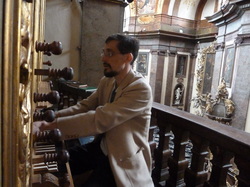
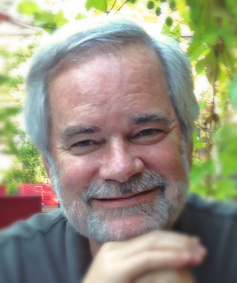
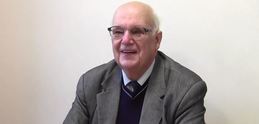
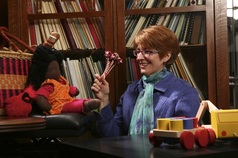
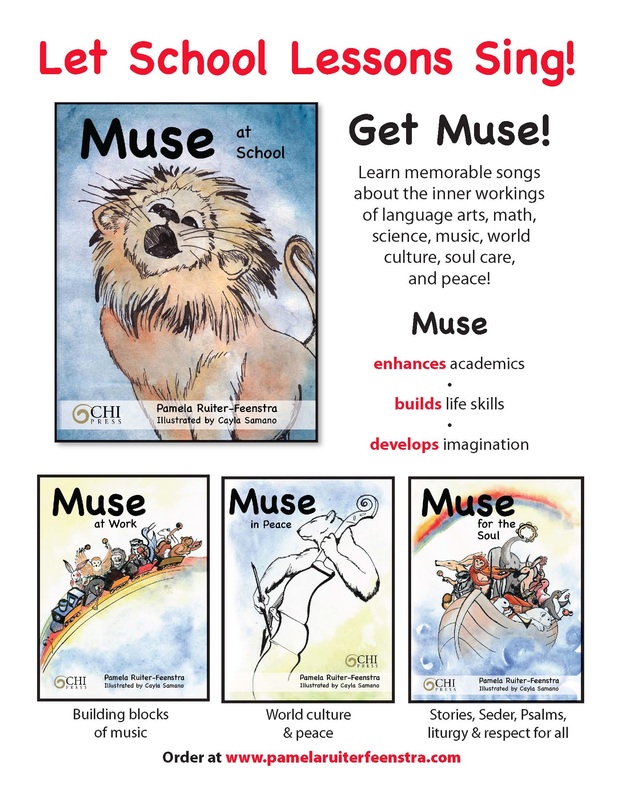
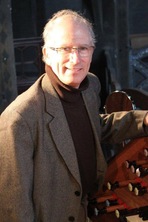
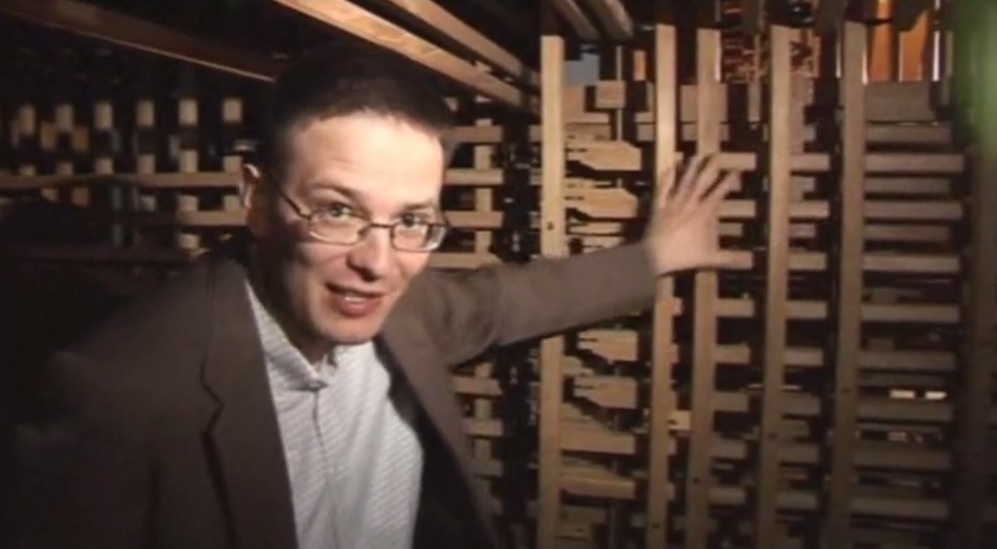
 RSS Feed
RSS Feed